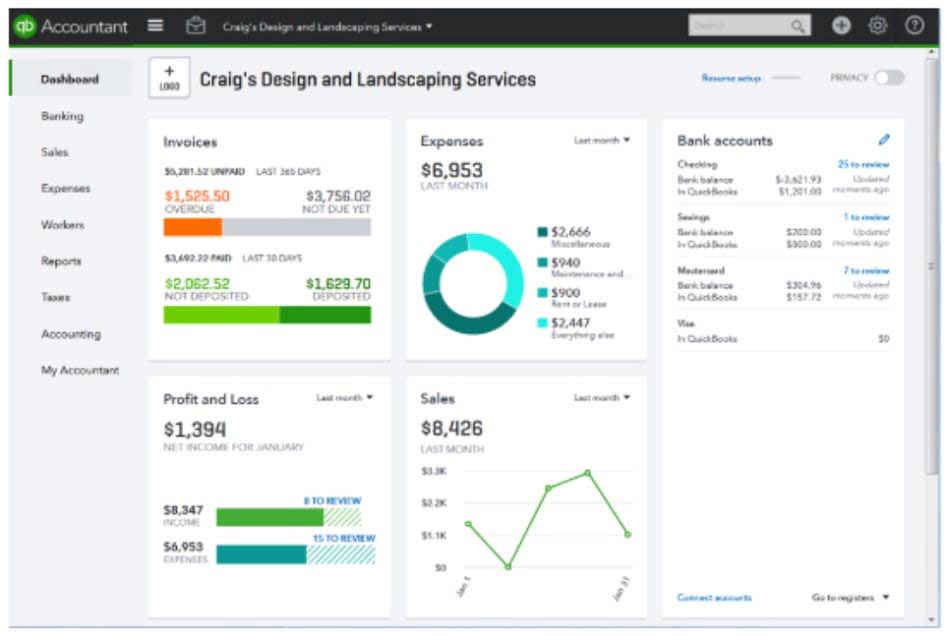
Ultimately, the work of the FASB would not be possible without the expertise and assistance of these other organizations, councils, and boards. Through these collaborative efforts, the FASB is able to achieve its mission of creating new financial reporting and accounting standards while also improving the existing accounting standards. Collectively, the organizations’ mission is to improve financial accounting and reporting standards so that the information is useful to investors and other users of financial reports. The Financial Accounting Standards Board (FASB) plays a crucial role in establishing and improving financial reporting standards for public and private companies in the U.S. The FASB sets the rules for how companies report their finances, ensuring transparency and trust in the business and investment sectors.
What Is The Financial Accounting Standards Board (FASB)?
The goal of this system is to provide investors with accurate and timely information. Financial statements can help interested parties make educated decisions about the financial performance and strategic goals of a company. When it comes to the SEC vs. FASB, the SEC recognizes the FASB as the authority to establish GAAP. The SEC provides additional rules for publicly-traded companies to follow, but GAAP is the starting point for accountants developing financial statements. It includes research, stakeholder input, public review of drafts, and thorough debate before updating any standards. This approach ensures the rules meet market needs and are workable for financial info preparers.
- FASB’s standard-setting process is based on careful work, openness, and quick responses crucial for good governance.
- This, in turn, helps investors and other stakeholders make informed decisions about a company’s financial health.
- Seven board members from the Financial Accounting Foundation (FAF) manage the FASB.
- Melinda Hill Sineriz is a freelance writer with over a decade of experience.
- Financial statements are documents that show a company’s financial standing during a specific time frame.
- The FASB is an active contributor to the development and creation of the IFRS, along with maintaining GAAP, its own accounting standards.
Impact on Financial Reporting

This is what does the fasb do the common set of standards and acceptable methods that are used by businesses in the U.S. The FASB does issue specific standards for non-profit organizations. They are used to make sure the donations are being allocated properly. This can help to ensure that non-profit organizations are using donations with integrity.

The FASB’s Mission in Financial Reporting

This can make ledger account it difficult to properly complete the reporting requirements and for investors to understand. Investors feel that the standards could more easily interpret information, especially the information needed to analyze a company. The main missions of the FASB are achieved with the help of the GASB and FAF.

The SEC is a federal regulatory agency responsible for overseeing and regulating the securities industry, including securities exchanges, brokerage firms, and investment advisors. The Commission is intended to protect investors, maintain fair and efficient markets, and facilitate capital formation. It enforces a wide range of laws — and monitors compliance with those laws. In essence, the SEC provides oversight to ensure public companies and other market participants operate fairly. The GASB, which is similar in function to the FASB, was established in 1984 to set accounting and financial reporting standards for state and local governments across the United States. The two advisory councils provide guidance in their respective areas.
- They trust that financial reports from various organizations are clear and accurate.
- By establishing the Securities And Exchange Commission (SEC), the government could take over financial responsibilities once given to individual states.
- Led by Richard Jones since December 2019, the FASB’s team of seven members with diverse backgrounds is committed to providing clear, reliable financial information for investors and stakeholders.
- She specializes in business, personal finance, and career content.
- The main users of the FASB standards are publicly traded companies.
- Board members are appointed by the FAF’s board of trustees for five-year terms and may serve for up to 10 years.

Each set of standards are known as Statements, or Interpretations. It’s worth noting that the FASB does not issue regulations, but issues statements of financial accounting standards. The Financial Accounting Standards Board works to create new generally accepted accounting principles, also known as GAAP, across the U.S. for both nonprofit organizations, public, and private companies. The Financial Accounting Standards Board is also seeking to review leases, credit losses, and revenue recognition – adding onto the wide array of FASB standards. Before the FASB was implemented, the Accounting Standards Board was in place – where it laid the groundwork for several other pivotal organizations tied to accounting and reporting standards, such as the GAAP. Without the Accounting Standards Board, ground rules for transparency and Airbnb Accounting and Bookkeeping consistency in accounting, reporting, and financial statements wouldn’t have been as well established when the FASB came about.
It gets funding from accounting support fees from public companies. The Norwalk Agreement in 2002 aimed to align GAAP with global standards. This shows the high respect for FASB among public accountants and investors. In this piece, we’ll break apart what FASB is and all the important components you should know. Continue reading to learn more about what they do, their effect on financial reporting and accounting in businesses, and more. Nonprofits typically use GAAP, or Generally Accepted Accounting Principles.
How the Financial Accounting Standards Board (FASB) Works
Dummies helps everyone be more knowledgeable and confident in applying what they know. Whether it’s to pass that big test, qualify for that big promotion or even master that cooking technique; people who rely on dummies, rely on it to learn the critical skills and relevant information necessary for success. Operated by the Financial Accounting Foundation (FAF), FASB has the independence to act in the public’s interest. This structure keeps FASB focused and fair, supported by fees and publication sales. They’re chosen by the Financial Accounting Foundation (FAF) for five years because of their deep knowledge in finance. FASB engages with IASB through forums, such as the IASB’s Account Standards Advisory Forum (ASAF), as international perspectives enable FASB to establish and create better GAAP.

